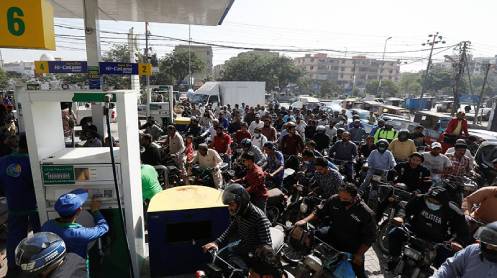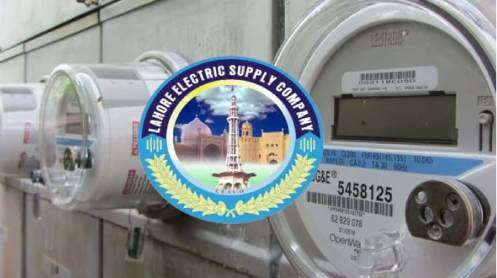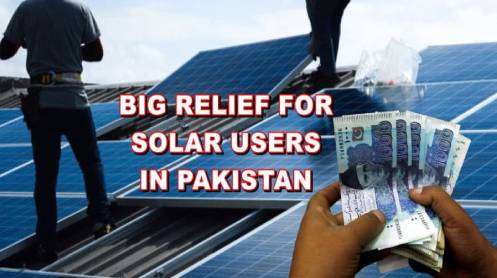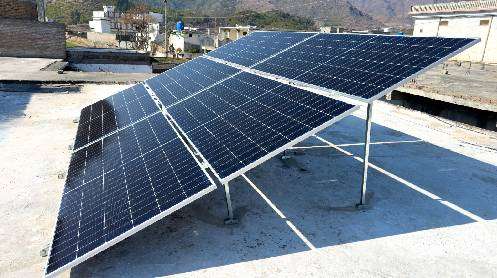KARACHI: The Pakistan Petroleum Dealers Association (PPDA) has agreed to suspend a planned strike until July 24 (Monday) after reaching an understanding with the government on increasing their margins.
State Minister for Petroleum Dr Musadiq Malik held a meeting with the PPDA and agreed that there should an upward “reasonable revision” in dealers’ margins. After hours long parleys, the association announced a two-day delay in the strike.
Earlier, the association had announced that it would go on a strike on July 22, 2023 in protest against insufficient dealers’ margins.
According to a “letter of understanding” between PPDA, Petroleum Minister and Oil and Gas Regulatory Authority (OGRA) chairman, it has been agreed that there should be an upward reasonable revision in dealers’ margin. The increased margin would be ascertained based on actual data acceptable to all concerned stakeholders. “This revised margin number will be announced within next forty eight hours ie Monday, July 24, 2023,” the document stated.
According to the people familiar with the discussions, a committee has been formed that would devise a working paper on the dealers’ margin.
The PPDA demanded a Rs5 increase in dealers’ margin, whereas the government is willing to increase the margin by Rs2.65 per litre of petroleum products.
However, after the deliberations, it was decided to work out a reasonable margin by putting off the strike, to which PPDA agreed. An insider of the oil sector said that deregulation of petrol and high speed diesel (HSD) products would resolve the problem of dealers’ margin.
The demand of petroleum dealers to raise the margins or else they would go on strike was because of a regulated petroleum market. “They accuse the government of using a flawed formula to fix the margins of dealers, and threaten strikes, which forces the government to agree to their demand to avoid the disruption in the supply chain,” they added.
Sector people said that petroleum dealers received Rs7 margin on petrol and HSD, which came around $4 per barrel. “If we compared with the margins of oil marketing companies (OMCs) and refiners’ cost in terms of refining the products, the dealers’ margin is quite high compared to both OMCs and refineries,” they said.
A refinery employs hundreds of people and have expensive machinery and equipment, but its margins comes around to $3.50 per barrel, whereas a petrol pump, which has few employees is charging $4 per barrel as margins in dollar terms.
If seen in Pakistani rupee, an OMC which has hundreds of employees and storages is only charging Rs6 per litre on petrol and HSD and a petrol pump dealer employing few people on its outlet is charging Rs7 per litre, they noted.
Sector people said that if the government is bowing to the demands of dealers because of the strike threat, it was due to the flawed policy of regulating petrol and HSD prices.
“Government should have nothing to do with the prices of petrol and HSD and if the sector was deregulated, the problems would be resolved,” they added.
They said that the government was always scared of a dealers’ strike because it creates problems for the end consumers due to supply disruption of petrol and HSD.
They said that if the prices of petrol and HSD would be deregulated, it would be the job of the OMC to fix the margins as per the market rates rather than the current practice where government accepts the demand due to fear of a strike.
The Pakistan Petroleum Dealers Association (PPDA) had announced to go on strike from Saturday for raise in the margins of dealers.
PPDA stated that the dealers were facing financial losses due to the rising cost of business and sales of petrol and diesel smuggled from Iran, capturing 30 percent of the market share.







